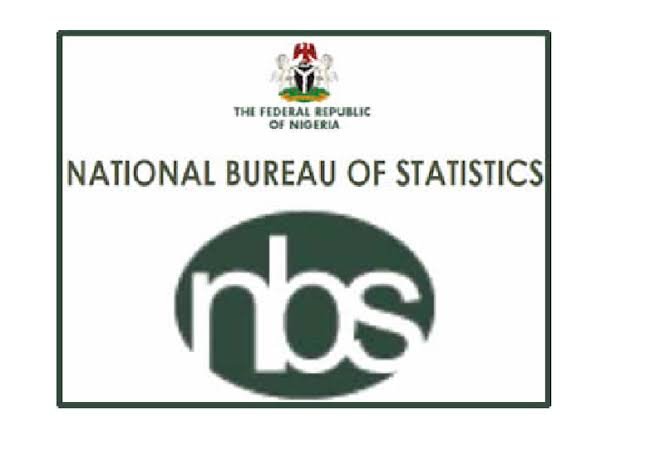No fewer than 614,937 Nigerians were killed and 2,235,954 others kidnapped across the country between May 2023 and April 2024, the National Bureau of Statistics (NBS) has revealed.
The NBS disclosed this on Tuesday in its report titled ‘The Crime Experienced and Security Perception Survey (CESPS) 2024’, and based on the surveys conducted between May 2023 and April 2024.
The report disclosed that the 2.2 million Nigerians were kidnapped across the country while N2.2 trillion was paid as ransom, an average amount of N2.7 million per incident.
The report disclosed that murder rate was highest in rural areas with 335,827 incidents and 279,110 in urban areas.
Experts believe that though there were high profile personalities that have been abducted, it is the poor people in villages that suffered most.
A zone-by-zone analysis of the report showed that the North West had the highest murder cases (206,030), followed by the North East (188,992); while the least was recorded in the South West (15,693).
The report said about seven in 10 households reported murder cases to the police nationwide with 33 per cent of households responding that the killer was an unknown person, and 23.4 per cent confirmed that the murderer was a member of the household; while 1.0 per cent reported that the murderer was either a spouse or a lover.
On kidnappings, the report said 1,668,104 persons were kidnapped in rural areas and 567,850 in urban areas.
The report also indicated that the North West had the highest cases of kidnapping with 1,420,307 abducted followed by the North Central (317,837) and the South-East, 110,432.
The report said among the reported kidnapping cases, 82.1 per cent of kidnapped individuals were released, 12.8 per cent killed, 3.3 per cent still in captivity against their will; while 1.3 per cent did not know the outcome of the incidents.
Of the estimated amount of N2.2 trillion payments to free victims, “the North West reported the highest ransom paid with N1.2 trillion; while the South East was the least with N85.4 billion. Disaggregated by zones, the North Central reported the highest proportion of payment of ransom at 83.4 per cent, followed by North East at 78.6 per cent.
“Households in urban areas paid an average of N3.7 million compared to N2.3 million in rural areas,” the report stated.
It added that about 91 per cent of kidnapping incidents were done for ransom in the form of money, goods or other benefits.
“While 2.4 per cent of cases were attributed to political, criminal, or terrorist objectives; 2.1 per cent were linked to personal or family disputes. Custody disputes accounted for 0.5 per cent of cases,” the report said.
The report also said a total of 1,587,363 motor vehicle thefts occurred within the reference period of the survey and analysis by zones revealed that the North West recorded the highest (603,756), followed by North Central (246,329) and South West had the least (140,144).
“Further disaggregation by place of residence shows that rural areas had the highest with 887,002 while urban areas recorded the least with 700,361. Nationally, among households that experienced theft of motor vehicles, 57.6 per cent reported to the police”, it said.
The NBS’ report also stated that Nigerians had begun to pay for their security with a national average of N80,878 spent on security measures over the past 12 months.
“Disaggregation by zones shows that the South East reported the highest average amount at N135,398, followed by North Central at N103,476 and the South West, N34,408.
“Analysis by place of residence revealed that urban households spent more money on security measures (N86,997) than rural households (N72,849),” he said.
On the places that respondents considered unsafe, the report said individuals who visited Automated Teller Machine (ATM) points reported the highest feelings of unsafety at 31.7 per cent, followed by public transport with 29.1 per cent and religious places, 7.0 per cent.
Reacting to the NBS’ report, an intelligence and security expert, Abdullahi Garba, told one of our reporters that for the insecurity to abate, the federal government should address the socio-economic challenges facing the country.
